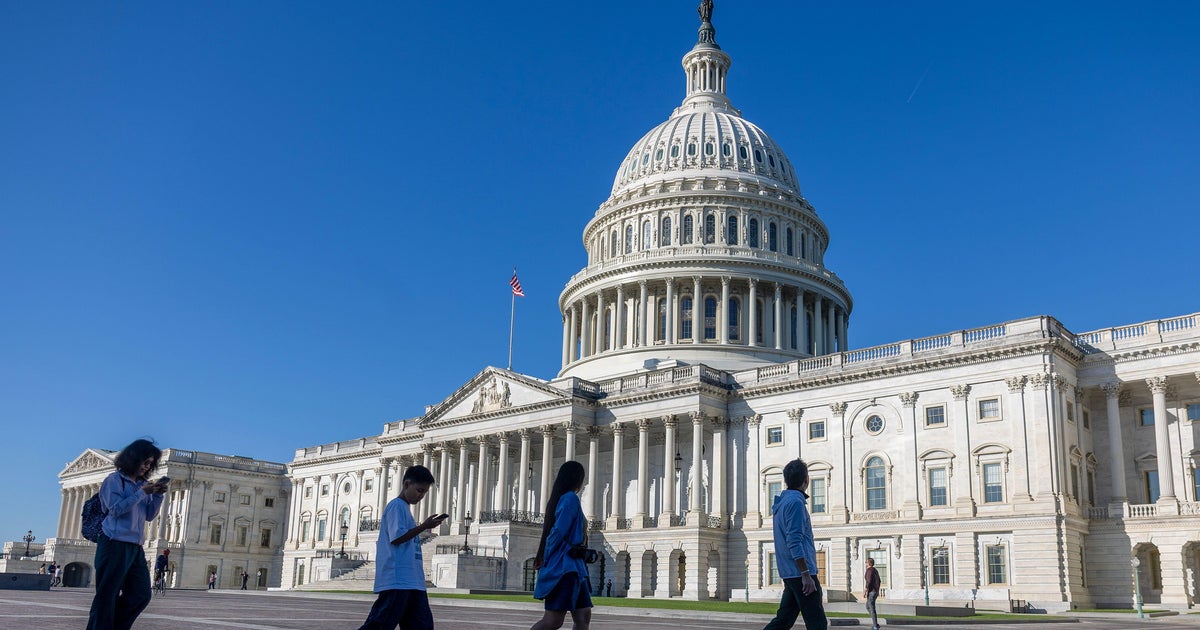Platner Campaign Turmoil: Staff Departures Shake Senate Bid

Platner Campaign Faces New Turmoil
Graham Platner’s Senate campaign is reeling from another major staff departure, as national finance director Ronald Holmes has resigned amid growing internal strife. Holmes cited a misalignment in professional standards, marking the latest in a series of high-profile exits that have shaken the campaign’s foundation.
Mounting Controversies and Staff Losses
Platner’s campaign has lost both its campaign manager and political director in recent weeks, following controversies over the candidate’s past social media activity and internal practices. Holmes’ departure adds to the instability, raising concerns about the campaign’s ability to maintain momentum and donor confidence heading into a competitive Democratic primary.
Implications for the Senate Bid
With fundraising and compliance operations now in flux, Platner faces mounting pressure to stabilize his team and reassure supporters. The repeated turnover could undermine his reform-minded message and challenge his viability against incumbent Sen. Susan Collins in 2026.
About the People Mentioned
Graham Platner
Graham Platner is a 41-year-old Democratic candidate for the U.S. Senate from Maine, seeking to unseat Republican incumbent Susan Collins in the 2026 election[5]. He is a military veteran, having served multiple tours in Iraq and Afghanistan with both the U.S. Marine Corps and the U.S. Army, including as a machine gun section leader and rifle team leader[1]. After completing his military service, Platner pursued higher education under the GI Bill at The George Washington University[1]. Platner’s civilian life is rooted in rural Maine, where he is an oyster farmer and currently serves as harbormaster and chair of the Sullivan Planning Board[1][2]. His campaign emphasizes his working-class background and his experience as a small business owner in a coastal community near Acadia National Park[2]. Platner’s decision to run for Senate was motivated by concerns over the growing wealth gap and the rising cost of living, which he argues have made Maine “essentially unlivable” for working-class people[2]. He presents himself as a political outsider, directly challenging both Collins and what he describes as a political system “rigged for the wealthy”[3]. Platner’s rapid rise in Maine politics has drawn comparisons to other working-class Democratic candidates, such as Pennsylvania Senator John Fetterman, due to his focus on economic populism and appeal to rural and working-class voters[2][4]. However, his campaign has also faced significant controversy. In October 2025, media reports surfaced questionable social media posts in which Platner made derogatory comments about sexual assault victims, law enforcement, and rural voters, and expressed support for political violence[5]. These revelations led to the resignation of a top campaign aide and prompted Platner to publicly apologize, attributing the posts to a difficult transition to civilian life after his military service[5]. Despite these setbacks, Platner remains in the race, positioning himself as an alternative to establishment Democrats and signaling his willingness to challenge party leadership if necessary[3][4]. His campaign has become a focal point in discussions about the direction of the Democratic Party in Maine and nationally, especially as Governor Janet Mills—a more traditional Democratic recruit—has also entered the Senate race[4][5]. Platner’s candidacy underscores broader debates within the party about generational change, candidate authenticity, and outreach to working-class voters.
Ronald Holmes
Ronald Holmes was a prominent British colonial administrator in Hong Kong, renowned for his pivotal roles in post-war reconstruction, refugee resettlement, and maintaining stability during turbulent periods.[1] Born in the early 20th century, he served in the British Army Aid Group during World War II, participating in guerrilla actions against Japanese forces in the Far East and aiding prisoner-of-war rescues, earning multiple decorations from the British government.[1] After the war, Holmes contributed significantly to Hong Kong's rebuilding. In 1954, following the devastating Shek Kip Mei fire that left over 50,000 refugees homeless, Governor Sir Alexander Grantham tasked him with establishing the Resettlement Department as its first Commissioner and Deputy Colonial Secretary. This department built estates to house the displaced, addressing a massive humanitarian crisis.[1] He later advanced to Director of Urban Services, New Territories District Commissioner, and Director of Commerce and Industry in 1962, coinciding with Hong Kong's textile industry boom. In this role, he negotiated European trade agreements to expand markets.[1] Holmes was appointed a Commander of the Order of the British Empire (CBE) in the 1962 New Year Honours. During the 1967 riots fueled by pro-Communist elements and pipe bomb threats, he staunchly opposed British withdrawal in the Executive Council, advocating a hard-line policy against leftists that quelled the unrest and preserved colonial rule.[1] He also served as an official member of the Urban Council and Legislative Council.[1] Holmes's legacy endures as a key architect of modern Hong Kong's infrastructure and economic foundations, with his crisis leadership exemplifying resilient governance in a colonial outpost.[1]
Susan Collins
Susan Collins is a Republican U.S. Senator from Maine who has served since 1997, following her election in 1996.[1] She was born on December 7, 1952, in Caribou, Maine, where her family operates a sixth-generation lumber business.[6] Before entering the Senate, Collins ran unsuccessfully for governor of Maine in 1994 and founded the Center for Family Business at Husson College, where she served as executive director.[4] Throughout her Senate career, Collins has earned recognition as one of the most bipartisan members of Congress, repeatedly ranked as the most bipartisan senator by the Lugar Center and Georgetown University.[1] She has never missed a vote during her entire Senate service, casting over 9,000 votes consecutively.[1] Her legislative accomplishments span multiple areas including homeland security, national defense, health care, and education. Among her key achievements, Collins co-authored the 2004 intelligence community overhaul following the September 11th attacks and led the successful effort to repeal the "Don't Ask, Don't Tell" policy in 2010.[1] She played instrumental roles in ending government shutdowns in 2013 and 2018, and co-authored the Paycheck Protection Program during the COVID-19 pandemic, which provided critical support to millions of small businesses.[1] In health care, she founded the Senate Diabetes Caucus in 1997 and helped more than triple federal funding for diabetes research.[2] Collins currently serves as Chair of the Appropriations Committee and holds seats on the Health, Education, Labor, and Pensions Committee and the Intelligence Committee.[6] In January 2025, she received the Army Distinguished Public Service Medal, the highest public service recognition awarded by the U.S. Army, recognizing her support through her leadership on defense appropriations.[1] Known for her Maine work ethic and moderate approach to politics, Collins won reelection in 2020 despite increasing polarization and criticism from both parties.

















